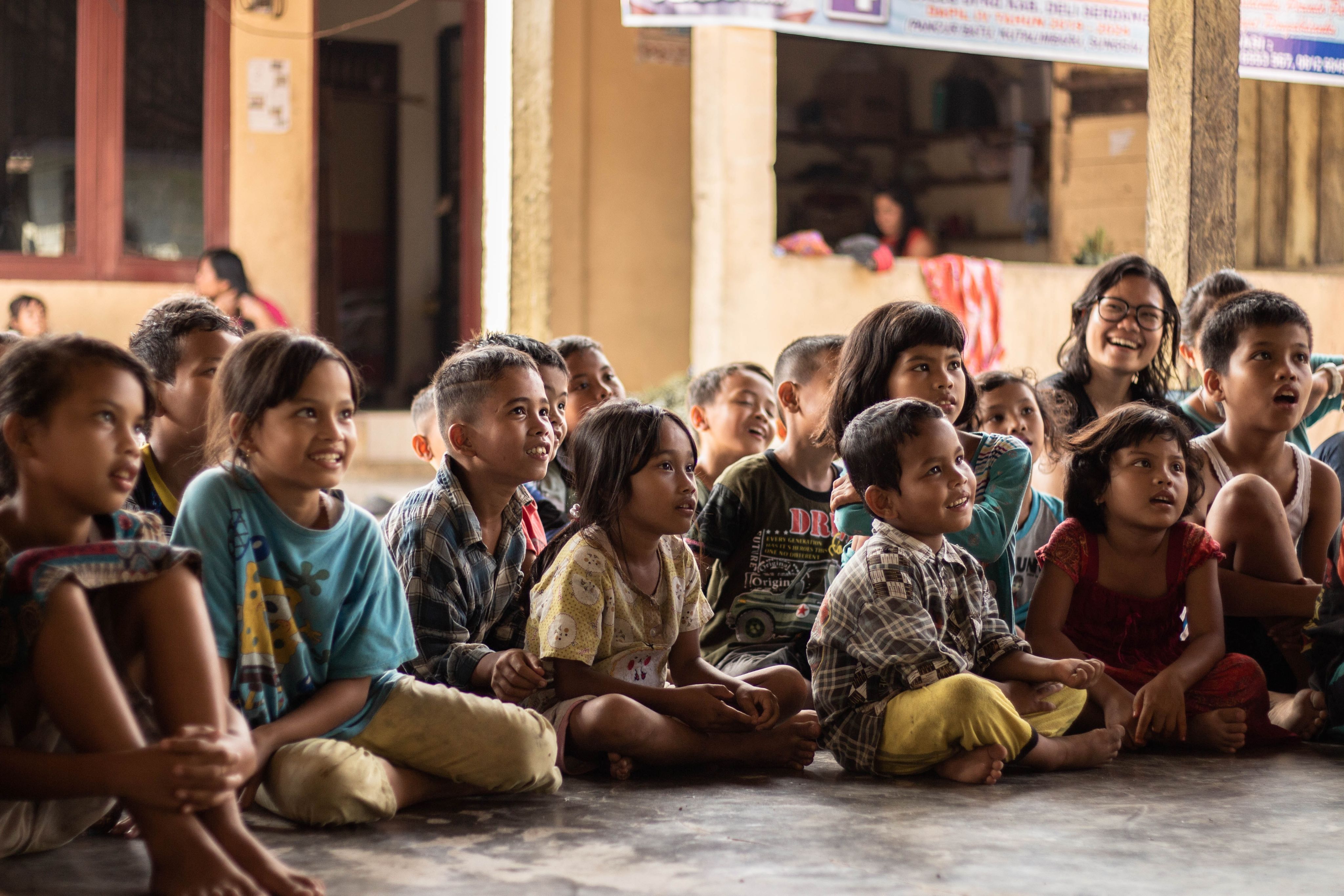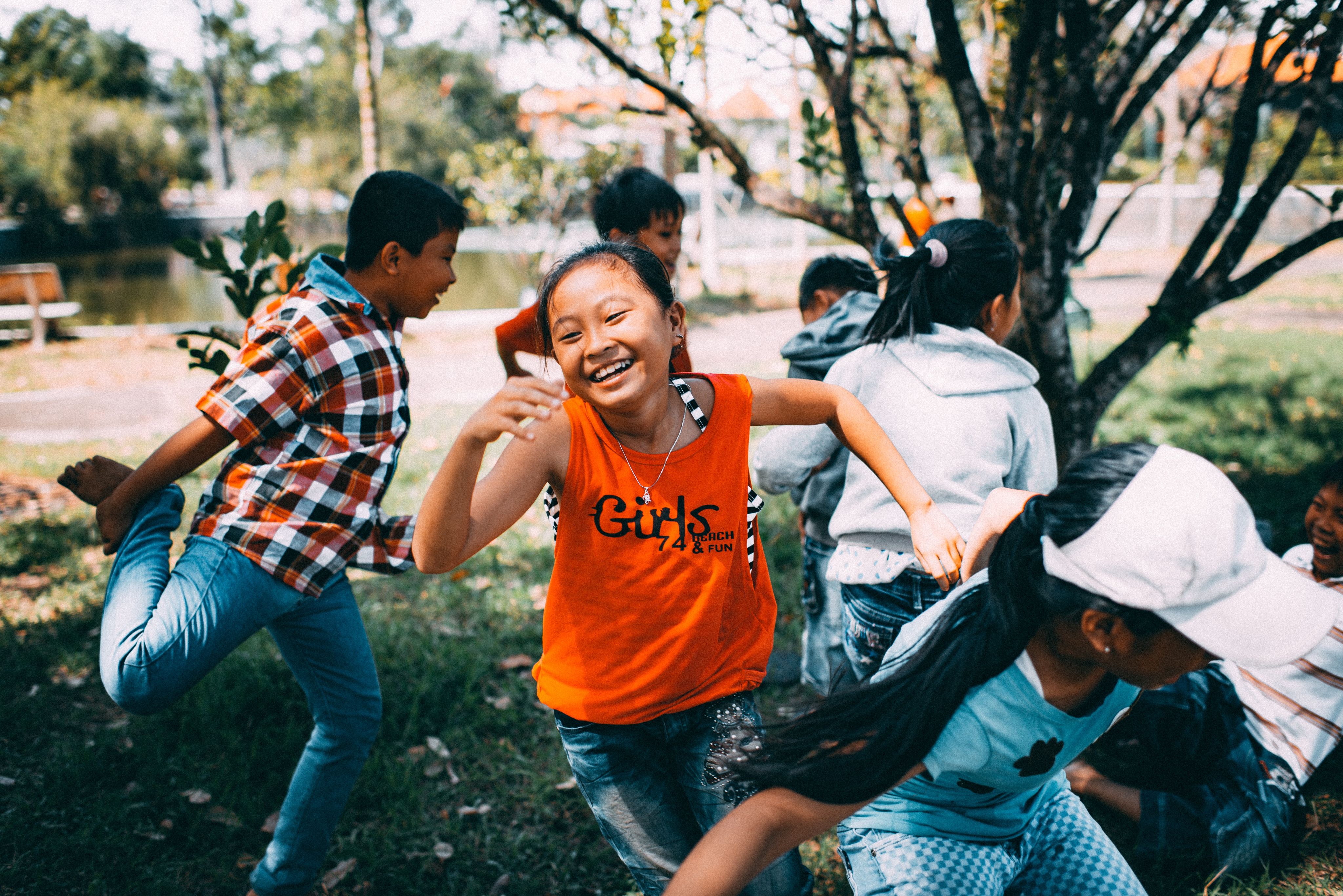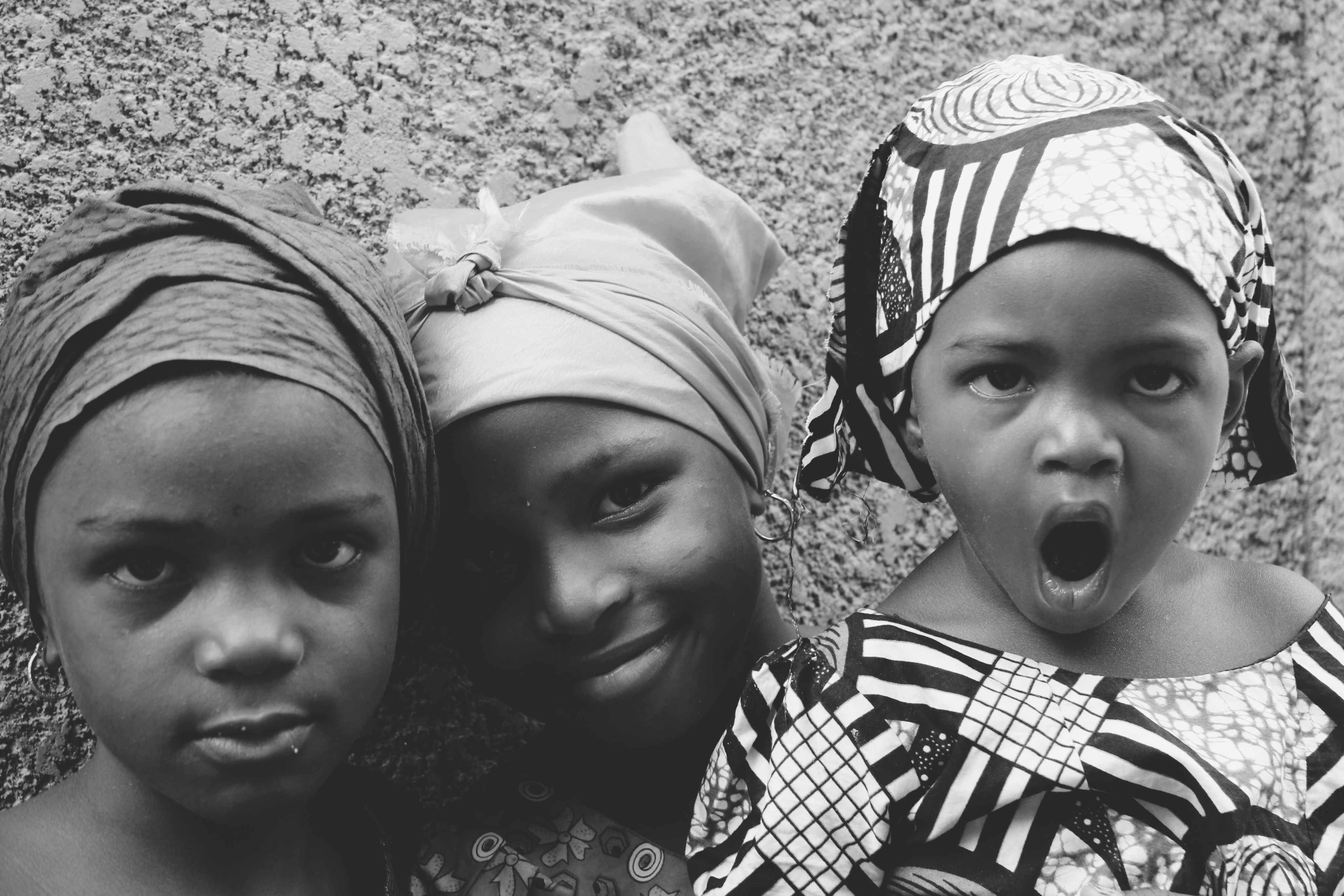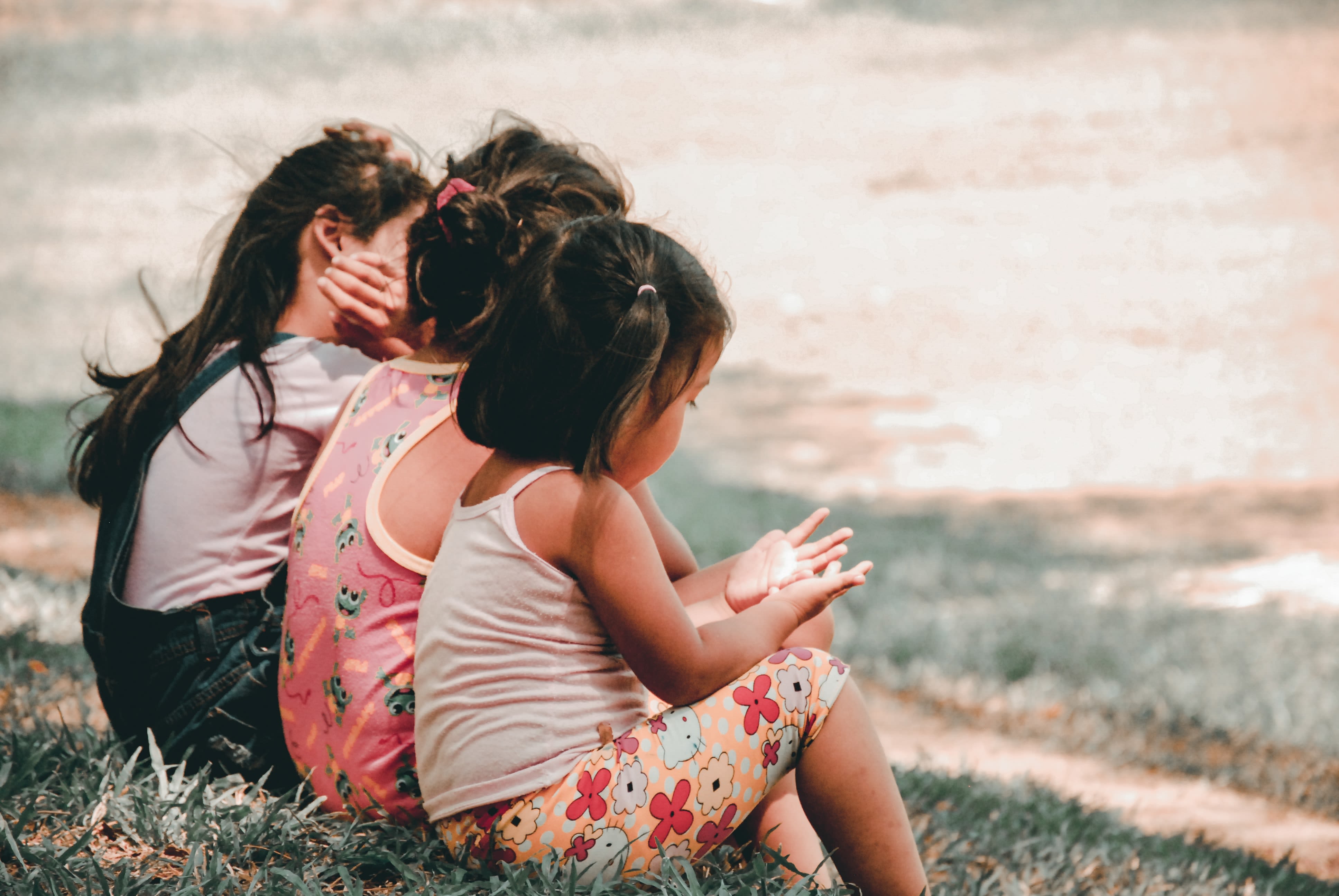How Young Children Learn: Foundations of ECE Pedagogy

In early childhood, learning is not about memorising facts or sitting still for long periods. Instead, it's about exploration, discovery and meaningful interaction. The way young children learn is fundamentally different from older students, and that’s why early childhood education (ECE) has its own distinct pedagogy.
Understanding how young children learn is at the heart of effective teaching in preschools, kindergartens and early years centres. This is where early childhood pedagogy, the science and art of teaching young children, comes into play. It is a blend of developmental theory, hands-on strategies and responsive teaching that supports holistic growth.
At Veritas University College, future educators are equipped with this foundation through specialised programmes in early childhood education, preparing them to become confident, capable and compassionate professionals.
The Science Behind How Children Learn
During the early years (birth to age 8), a child’s brain is developing rapidly. This is when they build the cognitive, emotional, social and motor foundations that shape lifelong learning. But how do children actually learn during this stage?
Research tells us:
- Children learn through play: Play isn’t just fun. It’s how children experiment, solve problems and express creativity.
- Children learn by doing: They are active learners who need to touch, move, build and explore.
- Children learn through relationships: Safe, secure bonds with adults provide the emotional safety needed for risk-taking and exploration.
- Children learn at their own pace: Development isn’t linear and every child’s journey is unique.
These insights form the core of ECE pedagogy and guide how educators design their lessons, environments and interactions.
Key Principles of Early Childhood Education Pedagogy
Effective ECE teaching is intentional. It’s rooted in key pedagogical principles that reflect how young minds grow best.
1. Child-Centred Learning
Good pedagogy begins with the child. Educators observe children’s interests, strengths and needs and use these to guide learning experiences. This fosters autonomy, confidence and intrinsic motivation.
2. Developmentally Appropriate Practice (DAP)
What works for a five-year-old doesn’t work for a two-year-old. ECE pedagogy ensures that learning activities match the developmental stage of each child, providing both challenge and support.
3. Play-Based Learning
In high-quality early years settings, play is the primary mode of instruction. It’s structured, purposeful and embedded in rich environments that promote language, numeracy, social interaction and imagination.
4. Holistic Development
ECE pedagogy aims to develop the whole child: mind, body and heart. It integrates academic learning with social-emotional growth, physical health, creativity and ethical understanding.
5. Intentional Teaching
While children learn through exploration, the teacher’s role is far from passive. Intentional educators ask guiding questions, scaffold learning and design environments that provoke thought and curiosity.
How ECE Pedagogy Is Practised in the Classroom
A well-trained early childhood educator doesn’t just "teach". They facilitate learning. They prepare environments rich in materials like blocks, books, art supplies and sensory tools. They use storytelling, songs and group games to develop language and cooperation.
At Veritas University College, students enrolled in the Diploma in Early Childhood Education programme learn how to design lesson plans, set up learning centres and manage classrooms based on sound pedagogical principles. They also study child psychology, curriculum development and observational assessment, skills that are vital in today’s early childhood landscape.
Why This Pedagogy Matters Now More Than Ever
The world is changing, and so are the demands on future generations. Today’s children need more than rote knowledge. They need critical thinking, emotional intelligence, creativity and collaboration. The foundations for these skills are laid during the early years.
That’s why understanding how young children learn isn’t optional for educators. It’s essential.
Veritas University College recognises this need and prepares future educators through programmes that emphasise both theory and practice. Students graduate with the ability to design learning that is meaningful, inclusive and impactful.
Malaysia’s Growing Need for Skilled Early Childhood Educators
With increased awareness of the importance of early learning in Malaysia, there is a growing demand for educators who understand the foundations of ECE pedagogy. Parents are looking for high-quality preschools that do more than babysit. They want learning environments that spark curiosity and build character.
By pursuing a diploma or degree in early childhood education at Veritas, aspiring educators are stepping into a field where they can truly make a difference. They gain the knowledge, experience and heart needed to support young learners during the most important years of their development.
The early years are where the learning journey begins, and they matter more than we think. When educators understand how young children learn, they can create environments where every child feels empowered to grow, explore and thrive.
Early childhood education pedagogy is not a fixed formula. It’s a dynamic, evolving approach that values observation, connection and creativity. At Veritas University College, future educators are trained to bring this pedagogy to life—equipping them to nurture the next generation with skill, purpose and passion.
References
- Veritas University College. (2024). School of Education. Retrieved from https://www.veritas.edu.my/education/
- National Association for the Education of Young Children (NAEYC). (2021). Developmentally Appropriate Practice in Early Childhood Programs.
- Piaget, J. (1952). The Origins of Intelligence in Children.
- Vygotsky, L. S. (1978). Mind in Society: The Development of Higher Psychological Processes.
- Siraj-Blatchford, I. et al. (2002). Researching Effective Pedagogy in the Early Years.



